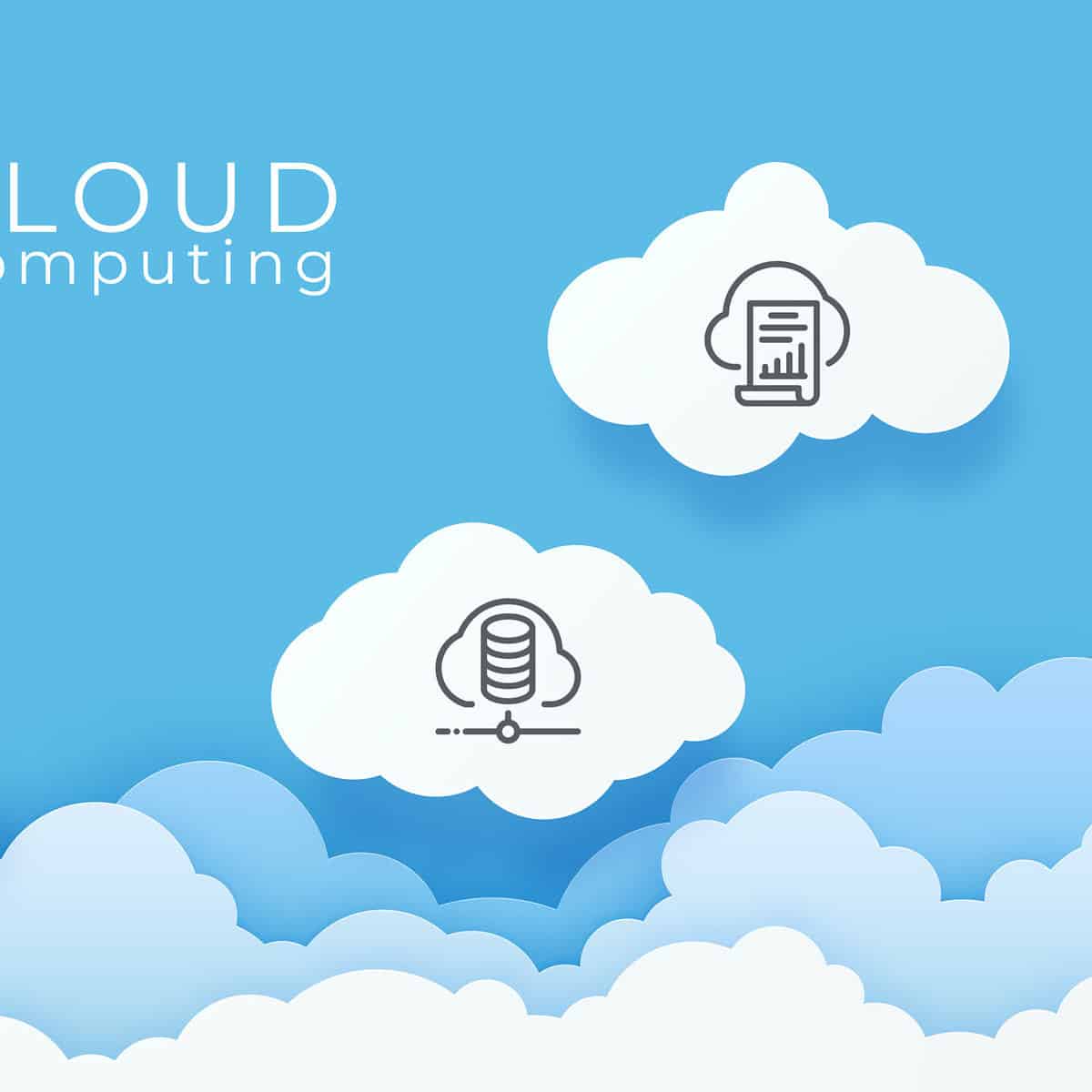Migrating to the cloud
Migrating to the cloud has become an increasingly popular option for businesses looking to improve their infrastructure, reduce costs, and increase flexibility. In this blog, we will explore the benefits of migrating to the cloud and provide a comparison of the four major cloud providers: Google Cloud Platform (GCP), Microsoft Azure, Amazon Web Services (AWS), and Oracle. We will also provide a pro/con list for each platform to help you make an informed decision about which one is right for your business.
Benefits of Migrating to Cloud

There are many benefits to migrating to the cloud, some of which include:
1. Cost savings:
One of the primary benefits of the cloud is the ability to reduce costs. With the cloud, you only pay for the resources you use, rather than having to invest in expensive hardware and infrastructure. This can result in significant cost savings, especially for businesses that experience fluctuating resource needs.
2. Scalability:
The cloud is highly scalable, which means that you can easily increase or decrease your resources as needed. This is especially useful for businesses that experience fluctuating demand or need to quickly respond to changes in the market.
3. Flexibility:
The cloud offers a high level of flexibility, allowing you to access your resources from anywhere with an internet connection. This means that you can work from any location, at any time, and on any device.
4. Improved disaster recovery:
With the cloud, your data is stored in multiple locations, which means that it is less vulnerable to disasters such as fires, floods, and earthquakes. This can help to reduce the risk of data loss and improve your overall disaster recovery capabilities.
5. Enhanced security:
The cloud providers offer advanced security measures to protect your data and ensure that it is kept safe and secure. This can help to reduce the risk of data breaches and ensure that your business is compliant with various regulations.
Migrating to cloud – Azure, AWS, and Oracle Comparison
Now that we’ve covered the benefits of migrating to the cloud, let’s take a closer look at the four major cloud providers: GCP, Azure, AWS, and Oracle.
1. Google Cloud Platform (GCP)

GCP is a cloud computing platform offered by Google that provides a range of services including computing, storage, networking, and data analytics.
Pros:
- Strong focus on machine learning and artificial intelligence
- Good integration with Google products such as G Suite and Google Maps
- Easy to use with a user-friendly interface
Cons:
- Limited options for customizing virtual machines
- Some users have reported issues with customer support
- May not be the most cost-effective option for certain types of workloads
2. Microsoft Azure

Azure is a cloud computing platform and infrastructure created by Microsoft. Migrating to this cloud offers you a range of services including computing, storage, networking, and analytics.
Pros:
- Strong focus on hybrid cloud solutions
- Good integration with Microsoft products such as Office 365 and Dynamics CRM
- Offers a wide range of services and tools
Cons:
- May be more expensive than other options
- Some users have reported issues with uptime and reliability
- Some users have had negative experiences with customer support
3. Amazon Web Services (AWS)

AWS is a cloud computing platform offered by Amazon that provides a range of services including computing, storage, networking, and analytics.
Pros:
- Wide range of services and tools
- Strong focus on security
- Good integration with other Amazon products
Cons:
- May be more expensive than other options
- Some users have reported issues with customer support
- Can be complex and overwhelming for users
4. Oracle

Oracle offers a range of services including computing, storage, networking, and analytics. Migrating to this cloud computing platform may be expensive but offers one of the widest service ranges.
Pros:
- Strong focus on security and compliance
- Good integration with Oracle products such as the Oracle Management System
- Offers a wide range of services and tools
Cons:
- May be more expensive than other options
- Some users have reported issues with uptime and reliability
- Some users have had negative experiences with customer support
conclusion: Migrating to Cloud

In conclusion, each of the major cloud providers has its own strengths and weaknesses, and the right choice for your business will depend on your specific needs and requirements.
GCP is a good option for businesses that need strong machine learning and artificial intelligence capabilities, while Azure is a good choice for those looking for hybrid cloud solutions. AWS is a solid option for businesses that need a wide range of services and tools, and Oracle is a good choice for businesses that prioritize security and compliance.
Overall, migrating to the cloud can bring many benefits to your business, including cost savings, scalability, flexibility, improved disaster recovery, and enhanced security. By carefully considering your options and choosing the right cloud provider, you can take advantage of these benefits and transform your business.







